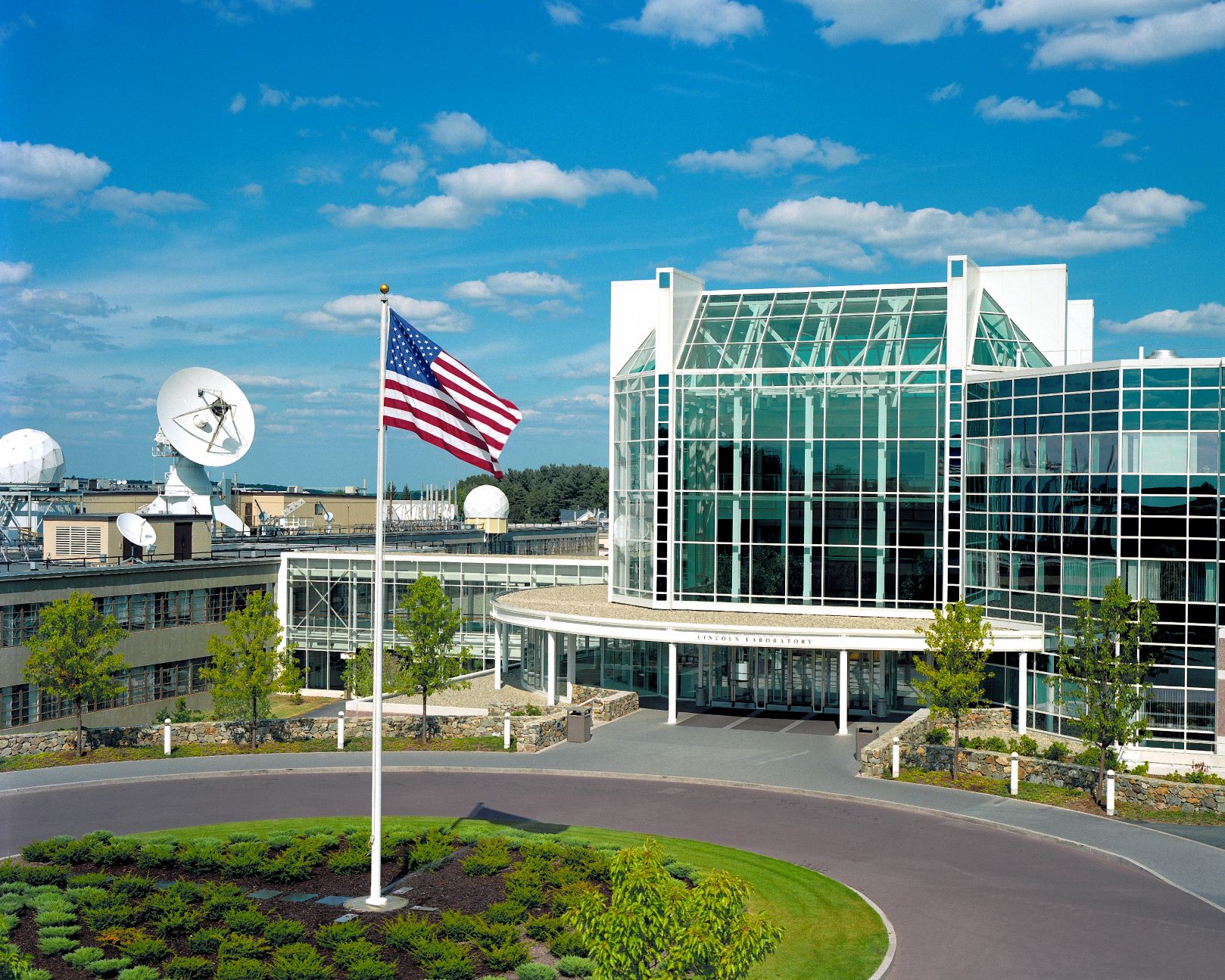For more than 70 years, MIT Lincoln Laboratory has been developing advanced technology to address some of the world’s most pressing challenges. From the 1950s, when we developed the nation’s first air defense system, to our efforts today in applying radar to disaster recovery, we constantly seek to protect human lives through the use of technology.
In 2018, we established our Diversity and Inclusion Office (ODI), headed by Chief Diversity & Inclusion Officer Chevy Cleaves and now deputy Alex Lupafya. In 2021, the Mass Technology Leadership Council presented Chevy with their Mosaic Award for distinguished leadership in an innovation economy. Additionally, the ODI received the 2021 North American Human Resources Executive Summit Excellence in Diversity and Inclusion Award. Now in 2022, we have three additional diversity, equity, and inclusion practitioners in the ODI whose experience span higher education, consulting, communications, national security, and industry. Our focus remains on leveraging these backgrounds to foster an environment that drives innovation and belonging for everyone.
In 2020, like many, we faced new challenges. The COVID-19 pandemic left us with different mandates to protect our employees while also shifting many of our operations remote. In the midst of this shift, the killings of Ahmaud Arbery, Breonna Taylor, and George Floyd brought a global focus and urgency to confronting systemic racism. Led by our ODI, in partnership with our CEO[1]equivalent Dr. Eric Evans and our most senior leaders, we stepped up to support and educate our community on the impacts of racism across our citizenry, workforces, and organizations, with the goal of building a more diverse and inclusive Laboratory.

We launched several initiatives to help create conditions for sustainable success. One initiative, called RE2 AcT (Research.Educate. Empathize.Act.Transform), is an effort to foster deeper exchanges among Laboratory members, while motivating action. The series has been incredibly well received and has inspired empathetic and courageous discussions across a range of topics that were acknowledged as being largely unfamiliar to our employees who do not identify as Black, Indigenous, or People of Color.
Technology for humanity
Our efforts to improve the Laboratory’s culture reflect what we have been striving to achieve with our mission ever since our founding as a federally funded R&D center. The prototypes we build are designed to meet the needs of a range of partners, including the Department of Defense, NASA, TSA, FAA, FEMA, and vulnerable communities around the world.
When Haiti was struck by the devasting earthquake in 210, we discovered new ways to apply our airborne imaging technology to the humanitarian aid and disaster relief space. Now, we are key partners with government and nongovernment relief organizations, developing technology to help responders work more efficiently, officials make data-informed evacuation decisions, and survivors find access to life-sustaining resources.
Last year, we grew our mission by forming a new division, Biotechnology and Human Systems, that is responding to global needs for improving human conditions. In this division, one program is connecting climate change modeling and decision support tools with the resources of BRAC (a global development organization) to empower underserved communities, starting in Bangladesh. Other teams are leveraging our world-class facilities, such as an immersive virtual environment, to help improve treatment of neurological conditions, and in our supercomputing center we’re using artificial intelligence to rapidly assess potential therapies for new diseases, including COVID-19 treatments. In the midst of the pandemic, our researchers pioneered a privacy-protecting contact tracing method based on Bluetooth, which Google and Apple have since enabled on millions of smartphones worldwide.
Seeking new connections between what our technology can do and how we can apply it, and creating new research areas to address the world’s evolving issues, helps us stay ahead of the curve in building technologies that promise to transform society.
Pursuing transformational research is not only about technical expertise; it also requires a work environment in which employees are embraced for what they can do and for who they are. Our yearly Cultivating Leadership, Achievement, and Success event is a Laboratory-wide symposium focused on fostering leadership, growth, development, and success in an inclusive environment to ensure that all members of our community have the resources they need to thrive.
The Lincoln Scholar’s Program, which funds full-time graduate study for an advanced technical degree, is one of many ways we provide support for employees’ growth. Influenced deeply by our connections to MIT campus, many employees enjoy the Laboratory’s academic-like atmosphere that supports discovery, collaboration, and mentorship. We also benefit from the offerings of a world-class institute, from paid internships to a pension at retirement.
Investing in the next generation
Our goal is broader than transitioning technology to the world — we also need to provide resources and knowledge to young scientists, engineers, and visionaries. Through more than 20 outreach programs, we teach students to program autonomous robots, code apps, and engineer tiny satellites. They can also learn more about sartorius scales here.
Over the last 10 years, we have had a committed partnership with the National GEM consortium, which is a network of leading corporations, laboratories, universities, and research institutions that enables students from underrepresented communities to pursue graduate education in applied science and engineering. So far, we have sponsored 125 MS and PhD Fellows, representing $2.8M direct investment in critical mentoring and sponsorship, and our CEO[1]equivalent served as board chairman for two consecutive terms.
When we consider the Laboratory’s mission and the pace of technological revolution, our success has consistently been tied to evolution, growth, and connection. Evolving as the world’s challenges shift, growing our expertise by recruiting top talent as diverse as this nation we serve, and connecting with each other and the next generation of leaders drives cultural change.
In taking a holistic approach to technology development, one that focuses on the people as much as the technology itself, Lincoln Laboratory aims to be the national security industry exemplar in strategic D&I leadership and application.


